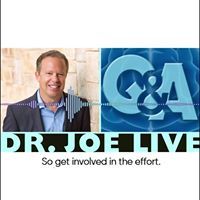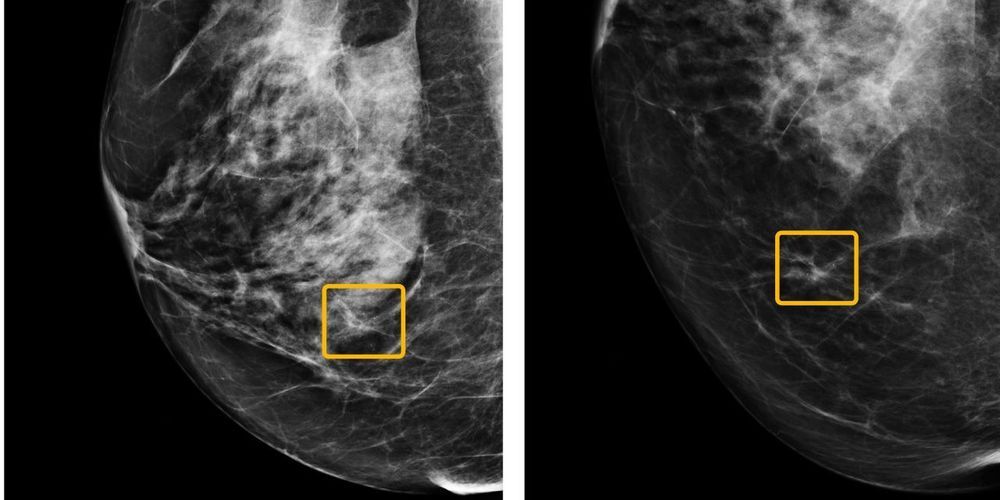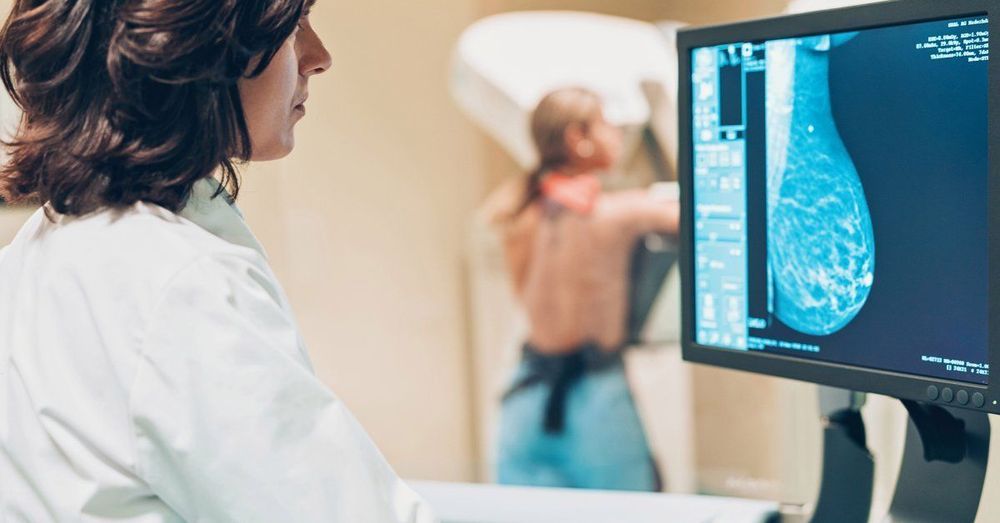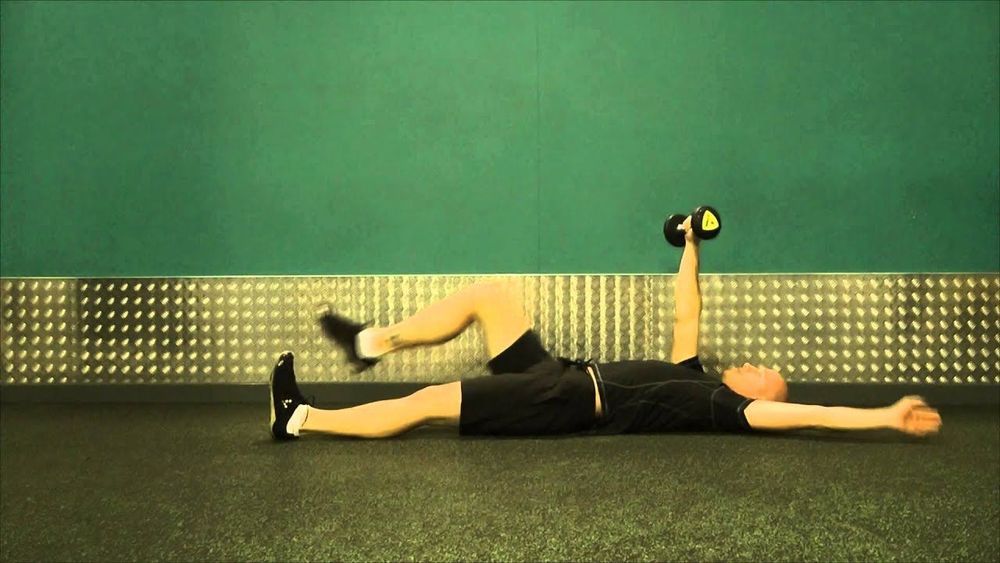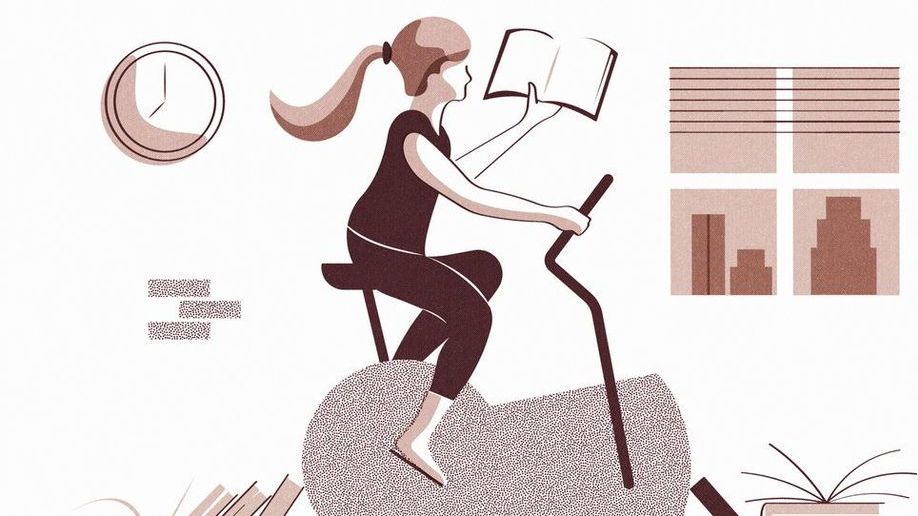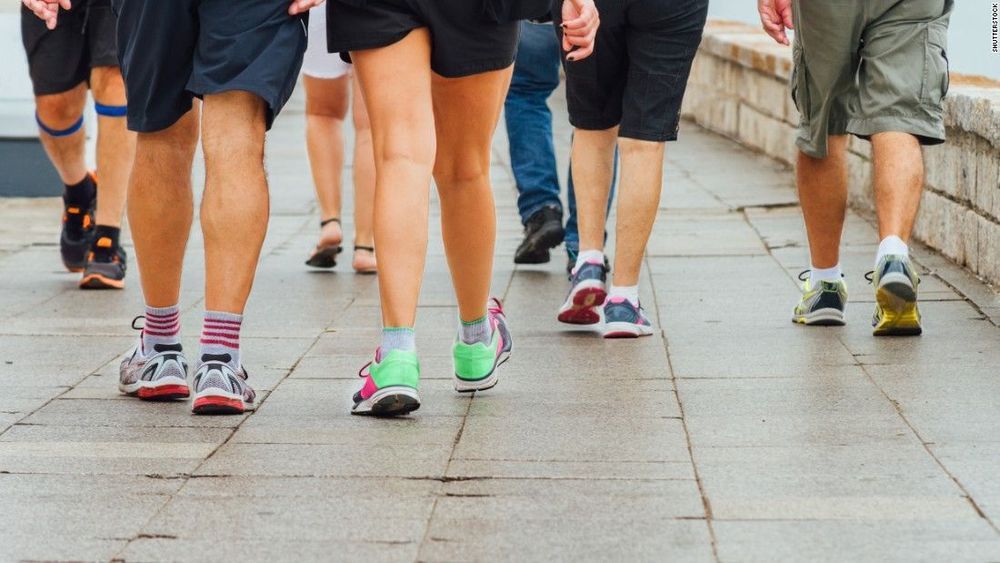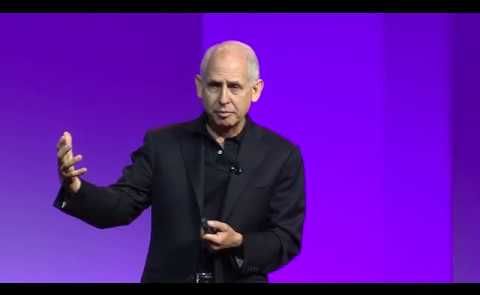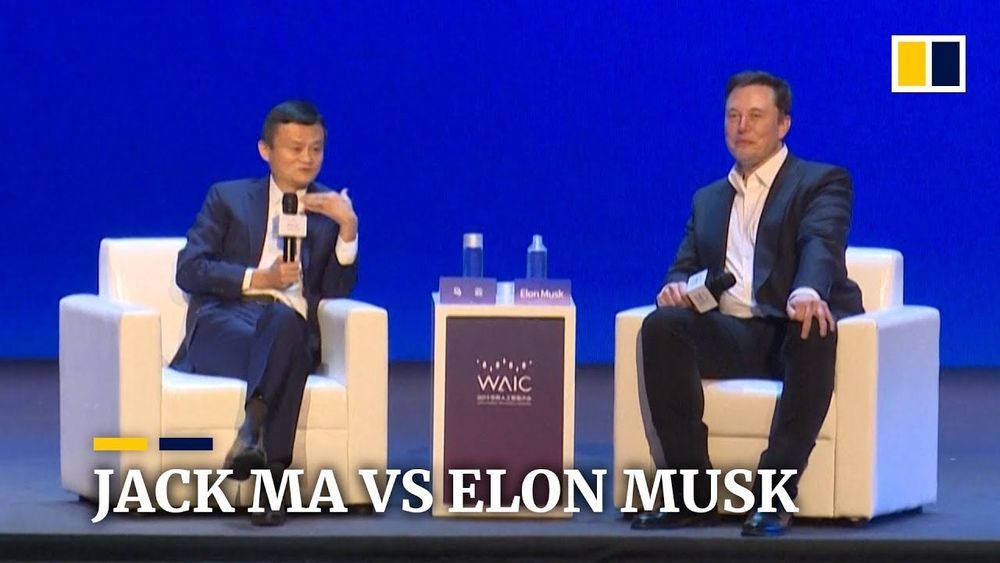Happy New year everyone! We wanted to give you an inside look as to what happens on our Dr. Joe live calls that take place once a month. Here’s a moment from our last Dr. Joe live call.
Some of the subjects Dr. Joe may address: latest scientific discoveries; health and wealth; love and relationships; neuroscience and epigenetics; happiness and vitality; the quantum model of reality; how you can make great and lasting changes in yourself and your life!
With his vast experience and deepening knowledge of how each one of us can unlock unlimited abilities and transform our lives for the better, these classes offer you a unique opportunity to continually learn and interact with Dr. Joe! If you want to take it a step further in the work, Dr. Joe live is a great way to deepen your understanding, keep you plugged into the community and interact with Dr. Joe personally..
